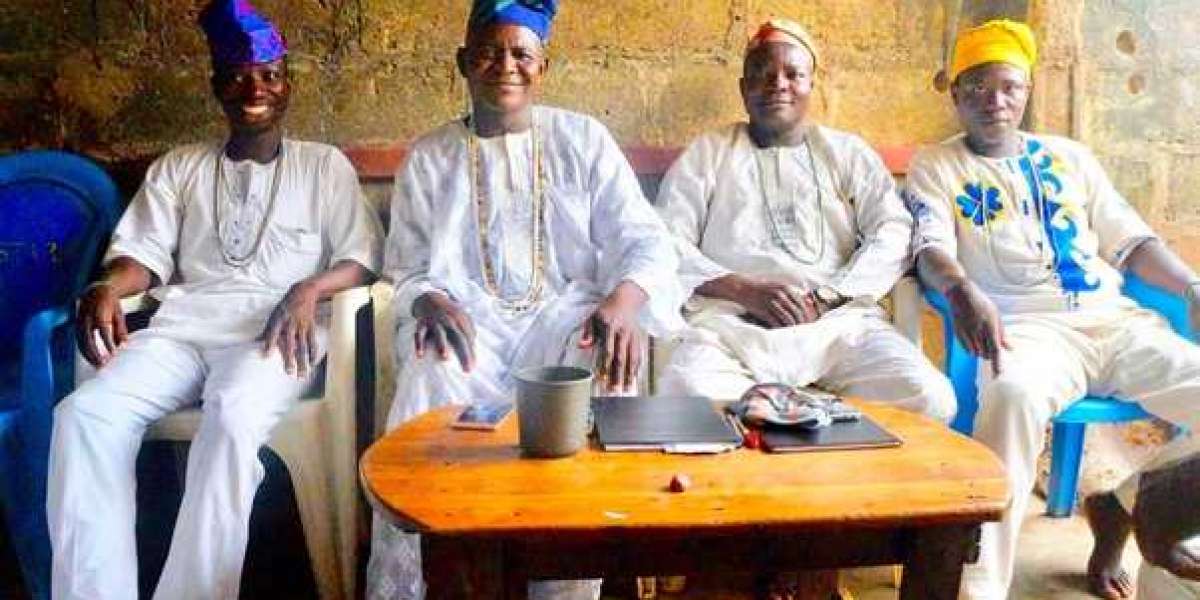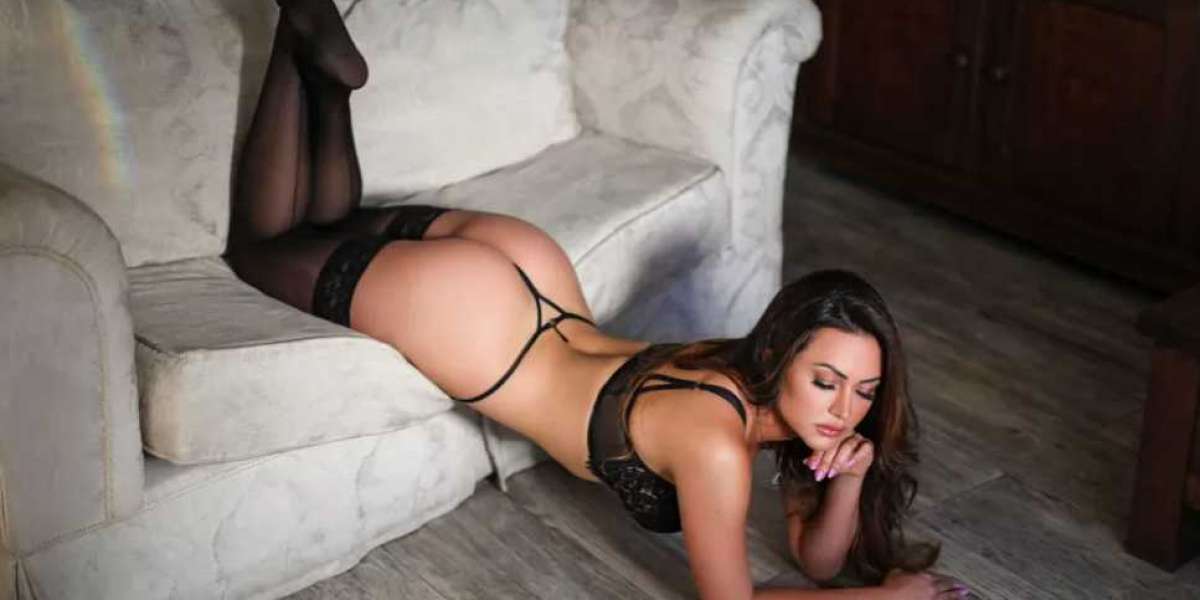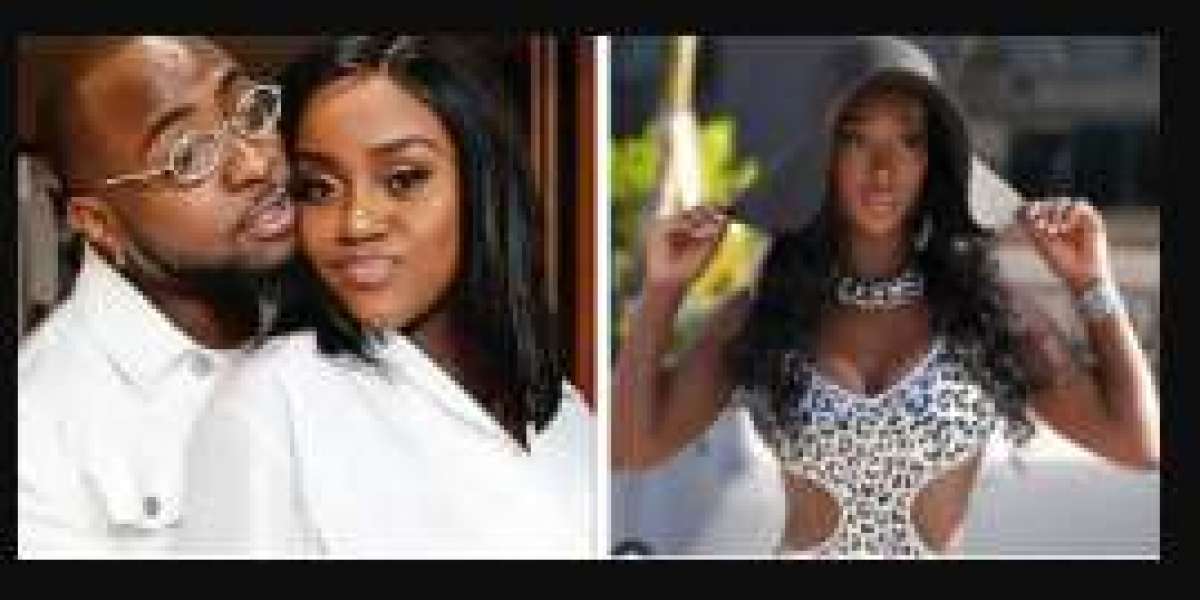Men's traditional attire in Nigeria is typically incomplete without a coordinating headgear. Yoruba men always pair their native attire with a coordinating headgear. It is a crucial component of the overall aesthetic that gives every Yoruba guy a gorgeous appearance. We have all likely heard of Yoruba Demons and how to identify them.
Yoruba people have just recently begun to identify as an ethnic community, following British colonisation. According to the majority of demographers, there are over 41 million Yoruba people living in West Africa alone, which includes more than just Nigeria. Thirty "sub-groups" of Yoruba language speakers are listed by Wikipedia. All of this is to suggest that among them, including religion, food, origin stories, and of course, dress, there are hardly any monolithic cultural traditions.
The Yoruba word for the cap, "Fila," is the name by which people commonly refer to the traditional cap. Despite the fact that these caps can be fashioned from a variety of materials, the majority are handwoven from Aso Oke cloth, velvet, cotton, or damask. Yoruba native clothing, such as Agbada and other Ankara styles, is complemented by the use of Yoruba hats. Yoruba hats are also known to represent a man's marital status. It significantly affects how that individual is perceived in public.
The fabric of a cap is less important when wearing one than its color and style. First and foremost, a cap should coordinate with the other items you are wearing. You can see pictures of a few hats below.
Native caps are still the same as they were many years ago, despite the fact that fashion is continuously changing.
A matching headgear is a must-have accessory for Nigerian traditional clothing. Every man wearing a native dress looks handsome because of this distinctive element of the attire.
Additionally, the Yoruba word for the cap, "Fila," is a common name for native Yoruba caps.
Yoruba hats come in a variety of materials. Most of them are handwoven or made from Aso Oke, velvet, cotton, or damask. Yoruba hats are worn as headgear to go with traditional outfits like agbada and other Ankara styles, among other things.
The native cap must match the other clothing you are wearing, which is the first crucial point to keep in mind when using it.
Additionally, turning your cap to the right denotes marriage, while turning it to the left denotes singledom.
Native caps come in a variety of styles, including:
- Aja Beti
The name of this cap, Abeti Aja, translates to "like dog ears." This Yoruba hat design resembles a triangle with two ends protruding like dog ears. Young and senior Yoruba men both wear this style. Additionally, some traditional Yoruba drummers favor wearing this look. With this Yoruba cap design, you can adjust how the edges are positioned: they can be folded slightly or pointed upwards.
- Gobi fashion
Additionally, this is the most popular design of Yoruba cap in modern times. Make sure the one you want will fit your head adequately before purchasing. This can be folded however you desire. It can be folded slightly to the front or slightly to the back, on the right or the left.
- Kufi fashion
The Kufi style is also particularly popular among Yoruba Muslims and royalty. It is typically sported in dashiki lace fashion.




Alphonsus Odumu 4 w
Indigenous